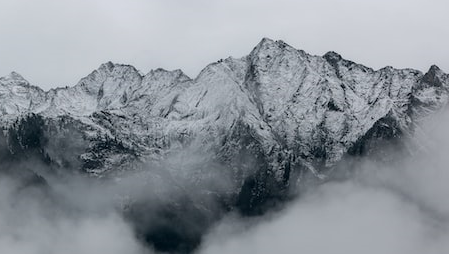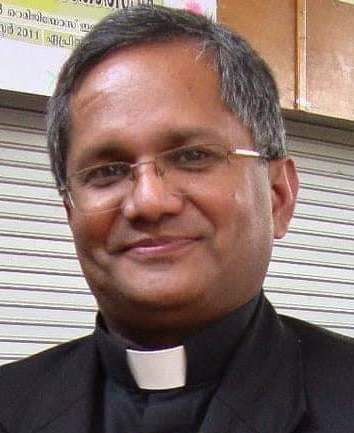The world's attention today is focussed on the people of Japan. The terrible scenes of the devastating earthquake and the resulting Tsunami have touched our conscience beyond what words could express. People all over the world, watching the scenes on television screens, have plunged into a condition of fear and helplessness at the fury of nature. Water from the Pacific Ocean came rushing in a speed of 500 km per hour to the towns and villages in north east Japan and swept away everything on its path. Thousands of lives have been lost in the rushing waters in a matter of seconds. Several towns and villages are now scenes of massive destruction, as they are wiped out of the world's map. The Prime Minister of the country has termed it as the worst tragedy to hit Japan after the atomic bombing of World War II. The earthquake also has triggered off dangerous blasts and possible radioactive leaks and meltdown at Japan's several nuclear plants, possibly causing incalculable damage to human and animal lives as well as the environment. The tragedy also could push further downhill the already worsening global economic recession. According to experts, this is expected to be the world’s most expensive natural disaster, with predictions that the repair bill will top $160 billion.
While the incident can be scientifically explained as a geological phenomenon over which humans have no control, many questions remain unanswered in a layman's mind. Why does it happen there and not other places? Why are the innocent people made to suffer? Are these the signs of the end of the world? Could we have done anything to avoid it? What precautions do we need to take if it should happen in my area? Do we need the potentially harmful nuclear plants to produce energy or could we tap the conventional sources for our energy needs? What lessons can we learn from such incidents?
While we are at a loss to understand the how and why of such phenomena in world history, we can surely read the signs of the times and learn some lessons from them. Any such disaster reminds us of the frailty and extreme vulnerability of human lives. And everything that we have built up could crumble down to mere nothing in a matter of a few seconds as we are powerless in the face of such fury of nature. While they may not be caused by a direct will and intervention of God, they should surely turn our minds, hearts and lives to the omnipotent God who guides the course of the universe. Turning to God would mean turning away from every influence of evil, from anything that hurts us, hurts others and hurts the nature. During our short passage through this world, we are given opportunities to do good, to help others, to live happily, fixing our eyes on God who is our ultimate destiny. Any tragedy, be it big or small, be it near or far, calls for not only our sympathies and understanding, but our material, moral and spiritual help to lessen the pain and sorrow of those affected. In times such as these we feel we are one family, whatever the colour, race and nationality we belong to. The whole human family stands together in solidarity and works together and prays together for the common good and helps avoid any man-made tragedy. It is also imperative that we rethink the need for atomic energy sources in the wake of such a huge risk it poses to life. Our prayer to God at this terrible tragedy could be: Lord, look upon our weakness and reach out to help us with your loving power.











